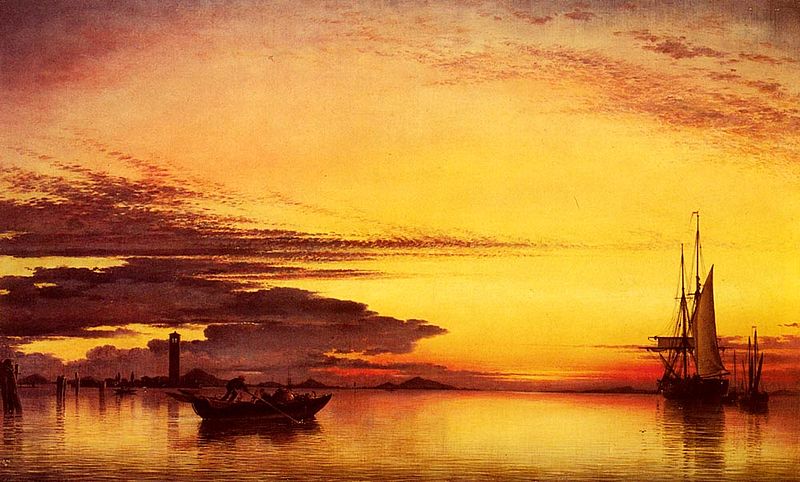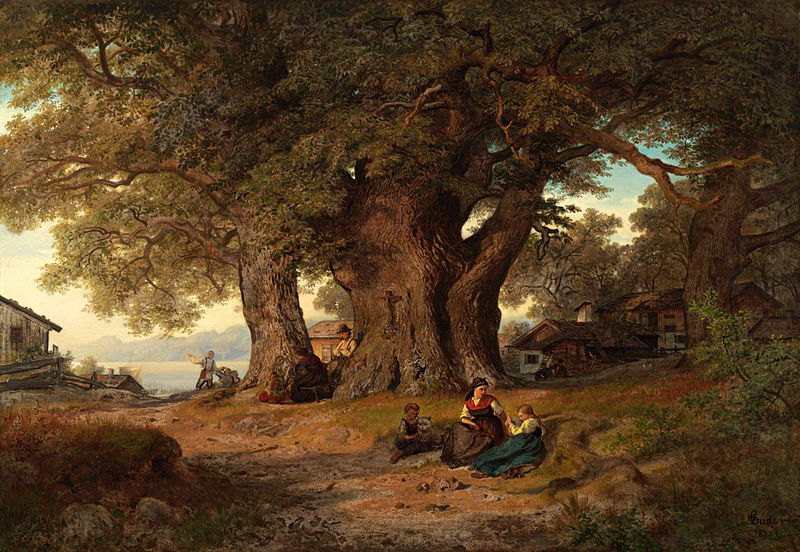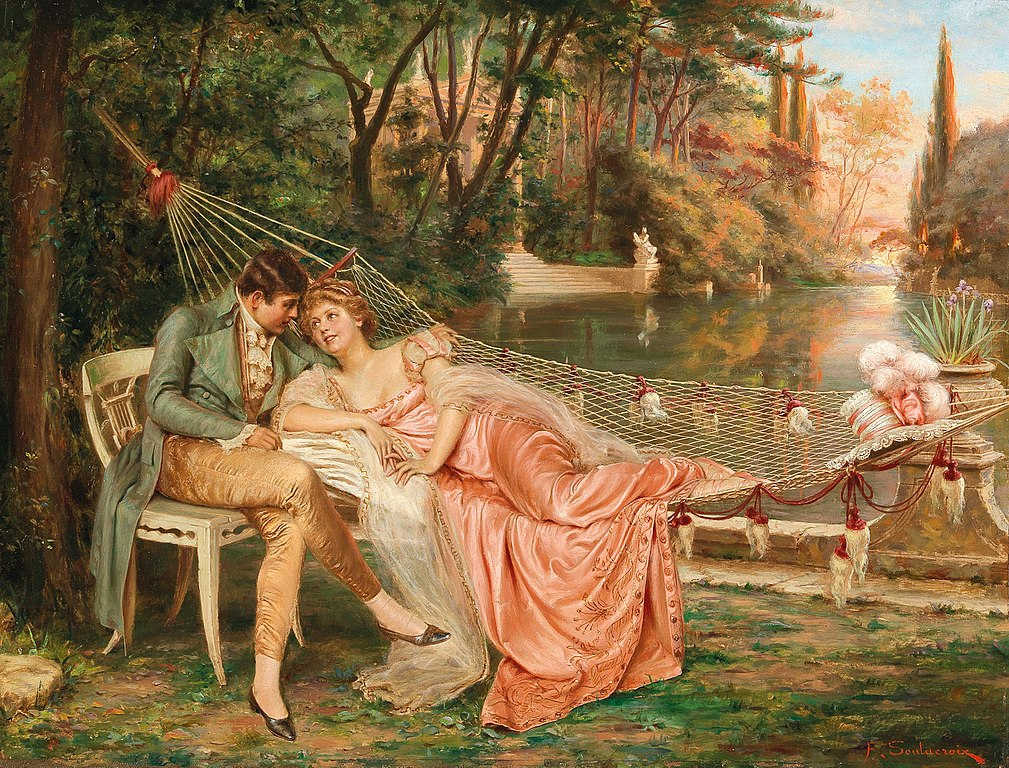unyore
adv. not long ago, recently, lately
obliviality
n. liability to be forgotten
nutual
adj. expressed merely by a gesture
illation
n. an inference; conclusion
Norbert Wiener of MIT was well known as an extreme example of someone who could get lost in thought. Once while walking on campus, Wiener met an acquaintance, and after a while he asked his companion: ‘Which way was I walking when we met?’ The man pointed, and Wiener said, ‘Good. Then I’ve had my lunch.’
— Reuben Hersh and Vera John-Steiner, Loving and Hating Mathematics: Challenging the Myths of Mathematical Life, 2010




